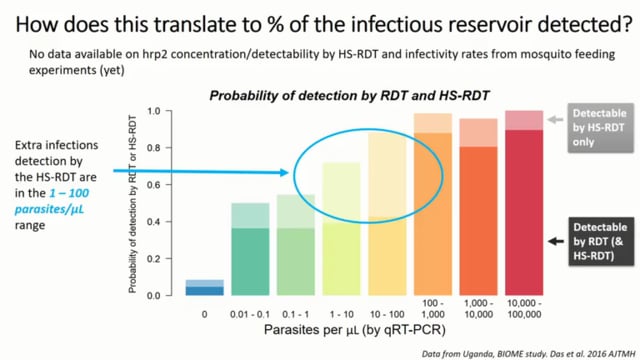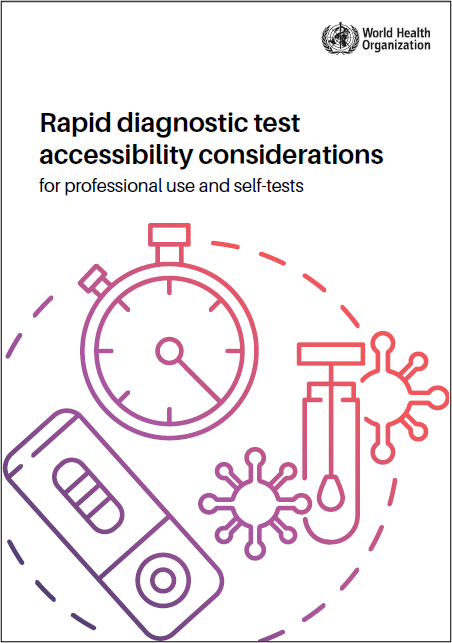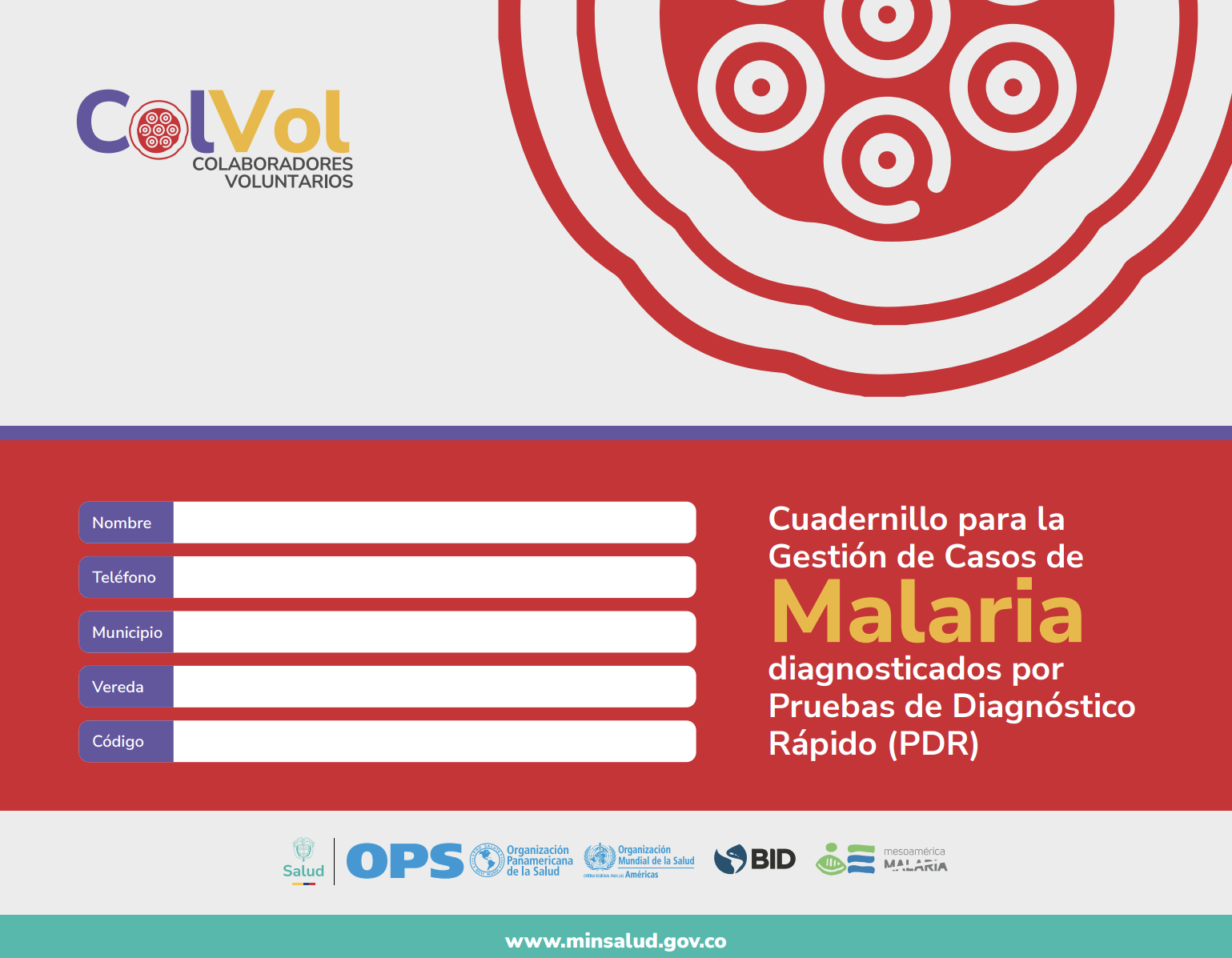ASTMH 2018, Hannah C. Slater: “A P. falciparum ultrasensitive Rapid Diagnostic Test as a tool to inform malaria elimination interventions in Eastern Myanmar”
Countries: Myanmar
Published: 30/10/2018
In collaboration with ASTMH, Image Audiovisuals, and session presenters, MESA brings you this webcast from the 67th ASTMH annual meeting in New Orleans, October 2018
Title: “A P. falciparum ultrasensitive Rapid Diagnostic Test as a tool to inform malaria elimination interventions in Eastern Myanmar “
Speaker: Hannah C. Slater, PATH
Session information:
Symposium 73: Next Generation Rapid Diagnostic Tests for Malaria: Prospects and Considerations
October 30, 2018, 10:15 AM – 12:00 PM, Marriott – Mardi Gras D (3rd Floor)
Abstract:
The advent of malaria rapid diagnostic tests has transformed our ability to diagnose this disease by providing simple to use, affordable and quality-assured point of care tests that can be deployed to the most remote areas and lowest levels of the public health system in endemic countries. Since their introduction in the mid-1990s, efforts have been to improve the overall quality of commercially available malaria RDTs and systems have been developed to ensure that only quality-assured products would be procured to the public sector of malaria endemic countries. However, during this time only limited technical evolution occurred as performance focused mainly on detecting P. falciparum infections at parasitemia of 200 parasites per microliter of blood or more, a threshold defined as clinically relevant for the diagnosis of acute P. falciparum malaria episodes. As countries approach elimination there has been an additional focus in recent years towards developing diagnostic tools that can better detect low density but still transmittable infections, including the non-falciparum malaria species, especially P. vivax, for which better tools are desperately needed. A next generation of malaria rapid diagnostics tests addressing these needs with improved sensitivity for infection are increasingly available to the malaria community. In this symposium, evidence generated with the first of such ultra-sensitive diagnostic tests will be presented and discussed. Experts will also discuss the positioning of these new tests in supporting malaria elimination interventions and the gaps they may and may not address.
THEMES: Asymptomatic Reservoir | Diagnostics | Product Development


